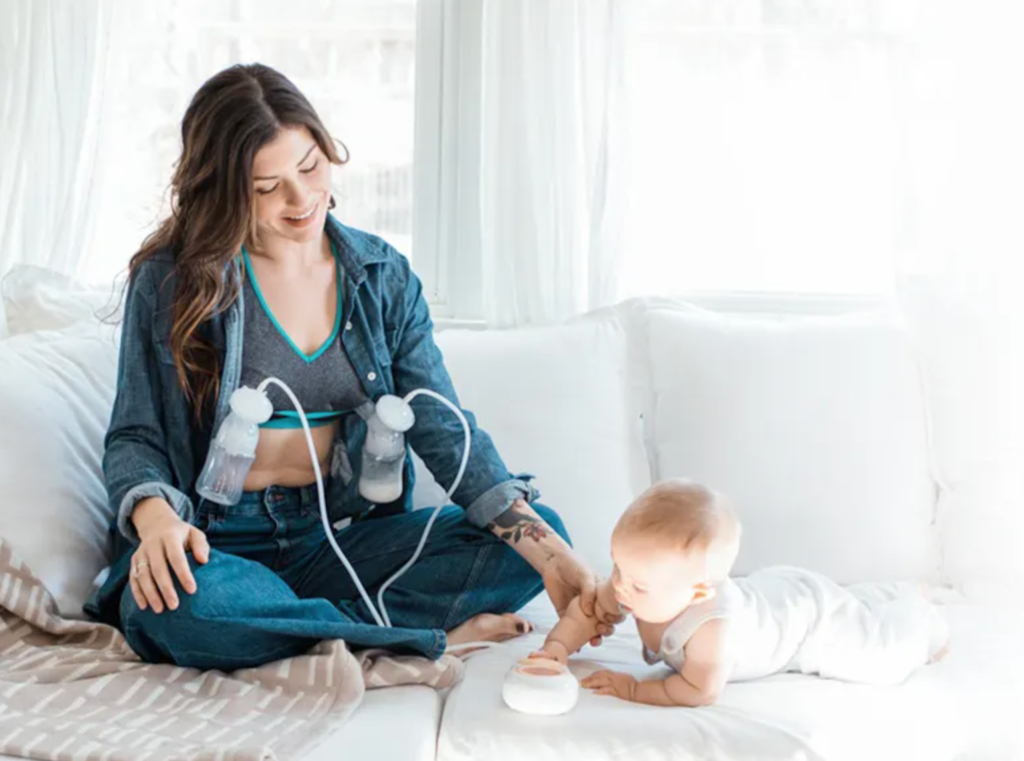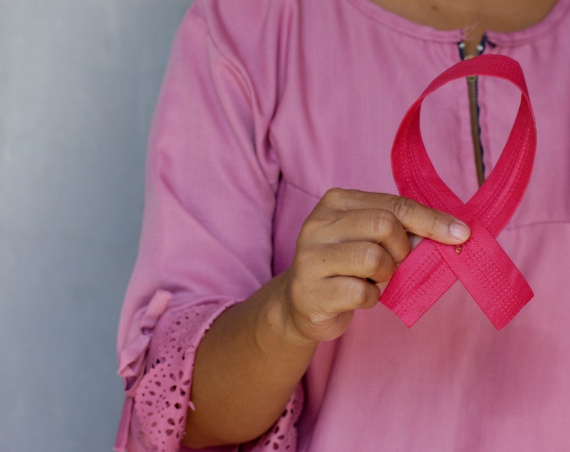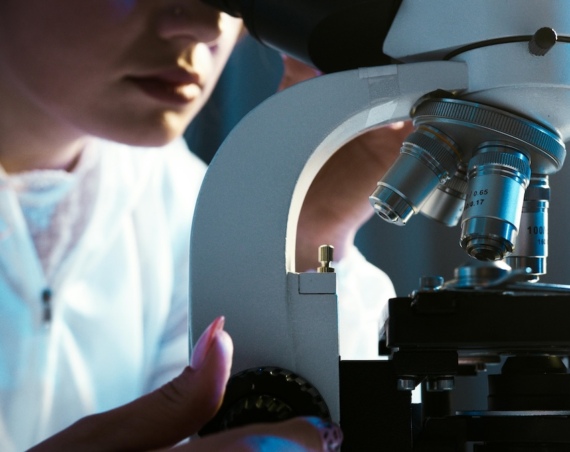
Aeroflow Breastpumps, a Durable Medical Equipment (DME) provider specializing in helping pregnant and nursing women receive maternity and postpartum recovery items through their insurance, today announced the results from a proprietary survey designed to glean insights into new moms’ stances on the COVID-19 vaccine.
The survey looked at all factors that influence new moms’ decisions about vaccination, including where they gathered information, access to the vaccine, concerns about side effects and comfort level. To better understand how different populations perceived the vaccine, half the women surveyed are of lower socioeconomic status and on Medicaid (n=540), and the other half have commercial health insurance (n=543).
Notable survey results include:
- The majority of all women surveyed trusted health organizations (57%) and their OB-GYN/primary care doctor (55%) the most regarding information about the COVID-19 vaccine
- Yet, 63% of all women surveyed report that their doctor never spoke to them about the vaccine. 25% of women with private insurance reported their doctor recommended they get the vaccine while breastfeeding, versus 10% of mothers with Medicaid. Additionally, 16% of women with Medicaid reported their doctor recommended they do not get the vaccine, versus 8% of mothers with private insurance
- Among mothers with private insurance, 40% received the vaccine while breastfeeding, 28% chose not to receive the vaccine while pregnant or breastfeeding and 30% reported the vaccine was not available to them while pregnant or breastfeeding
- Among mothers with Medicaid, 16% received the vaccine while breastfeeding, 39% chose not to receive the vaccine while pregnant or breastfeeding and 44% reported the vaccine was not available to them while pregnant or breastfeeding
- Among all women surveyed who received the vaccine, the top three reasons were the same: they wanted to protect themselves and their baby from getting COVID (84%); they knew they would now be able to pass the COVID antibodies to the baby (68%); they felt it was a safe vaccine for them and the baby (60%)
- Among women surveyed who did not have access to the vaccine while pregnant or breastfeeding, the majority of mothers with Medicaid (64%) reported they would not at all feel comfortable getting vaccinated if it was available to them and nearly half (47%) of mothers with private insurance said the same.
- Among all women surveyed who chose not to get the vaccine, there were four main reasons why: they’re not sure if it’s safe for them or the baby (60%); they had concerns about adverse side effects (57%); they don’t feel comfortable getting the vaccine in any situation (52%); and they don’t know what’s in the vaccine (36%).
Since the vaccine first became available towards the end of 2020, the recommendations for pregnant and breastfeeding women on whether or not to get vaccinated continue to change, creating confusion and uncertainty among new moms. Initially, new moms were told to hold off on getting the vaccine until they were able to gather more data on the potential effects it could have on baby. Through these studies, it was found in early 2021 that vaccinated mothers were able to pass antibodies onto their babies in utero and through breast milk. While promising, these findings weren’t enough to make the majority of new moms feel entirely comfortable, which is evidenced by the more than one-in-three women (34%) who had access to the vaccine, but chose not to get vaccinated, and among those who did receive the vaccine, the concerns raised about adverse side effects (55%) and how safe it was for themselves and baby (38%).
Additionally, it appears mothers with Medicaid were more apprehensive about receiving the vaccine than those with private insurance considering nearly one-in-four (23%) of vaccinated mothers with Medicaid listed not knowing what was in the vaccine as a top concern and only one-in-five reported being totally comfortable (20%) with receiving the vaccine, compared to one-in-three moms with private insurance (31%).
“It’s important that new mothers feel comfortable with and informed about receiving the COVID-19 vaccine given the proven safety and efficacy in protecting mothers and babies against the virus,” said Dr. Jessica Madden, board-certified pediatrician and neonatologist, IBCLC, and Medical Director of Aeroflow Breastpumps. ”Since this study took place in July 2021, various health organizations, including the CDC, American College of Obstetricians and Gynecologists (ACOG) and Society for Maternal-Fetal Medicine (SMFM), updated their vaccine recommendations for pregnant/breastfeeding women towards the end of summer, asserting that the vaccines are safe and encouraging all pregnant and breastfeeding women to get vaccinated. However, we are still seeing pregnant and breastfeeding women hesitant to receive the vaccine, especially among women of lower socioeconomic status, which is concerning given the higher rates of high-risk pregnancies in those populations.”
“Since we now know the vaccines are safe and effective, and the mRNA vaccines provide better protection against the delta variant of COVID-19 than the adenovirus-vector vaccines, I am recommending that breastfeeding mothers receive either the Moderna or Pfizer mRNA vaccines. Recipients are considered to be fully immune two weeks after they receive their second dose of mRNA vaccine,” said Dr. Madden. “Our hope for this study was to shine a light on the concerns among new mothers about receiving the vaccine and how physicians can better address these uncertainties to improve vaccination rates among new mothers and better protect women and their babies from the virus. We at Aeroflow encourage women to discuss the vaccine with their physician and/or midwife to ensure they are making the decision that is best for them, baby and their unique set of circumstances.”
The third party-administered survey polled 1,083 women living in the United States with children between the ages 0-1. Responses were collected throughout July 2021. To view the full findings of the study please click here.



